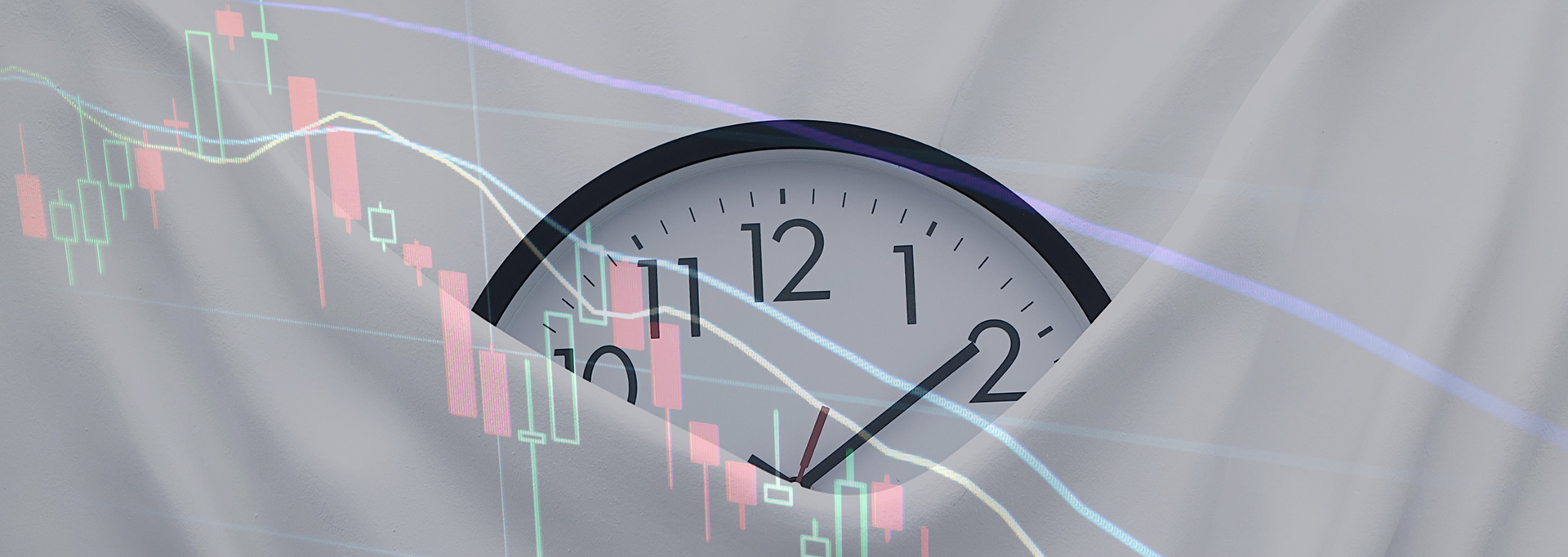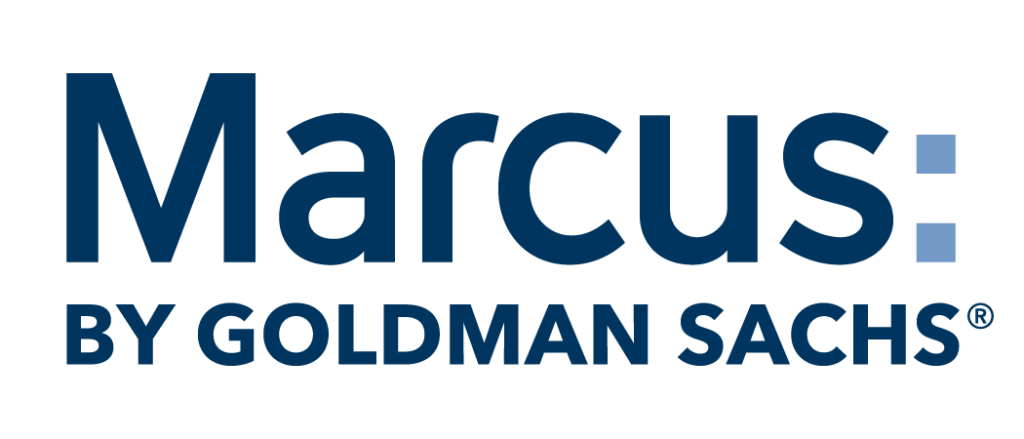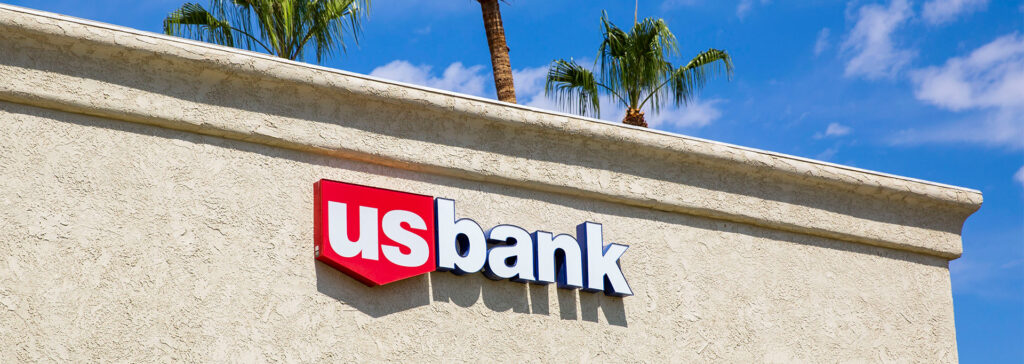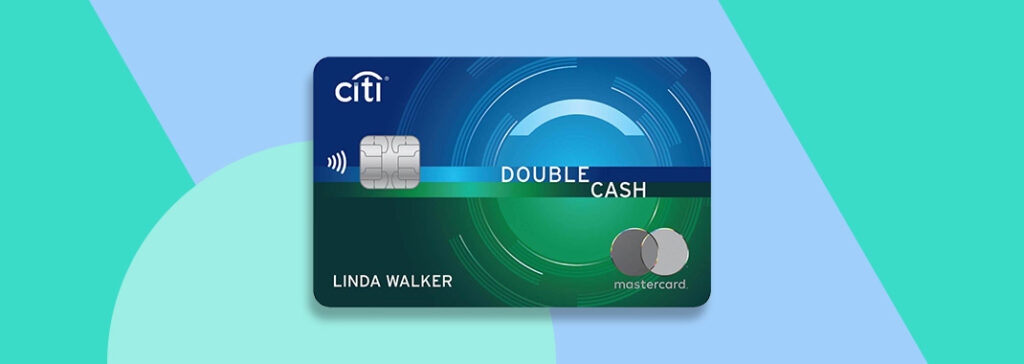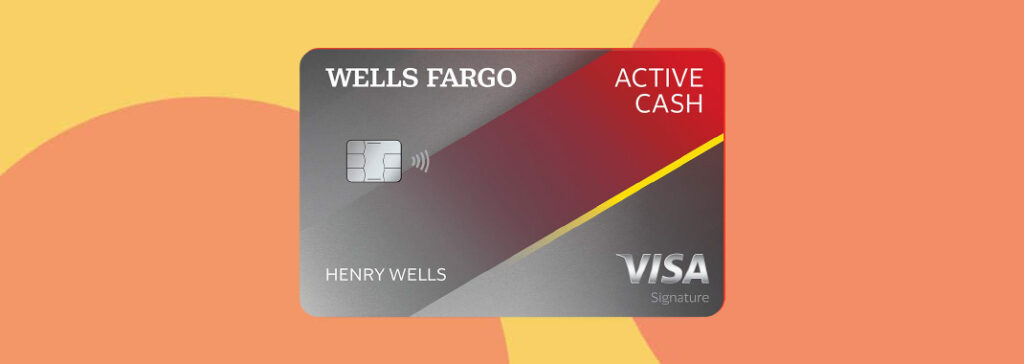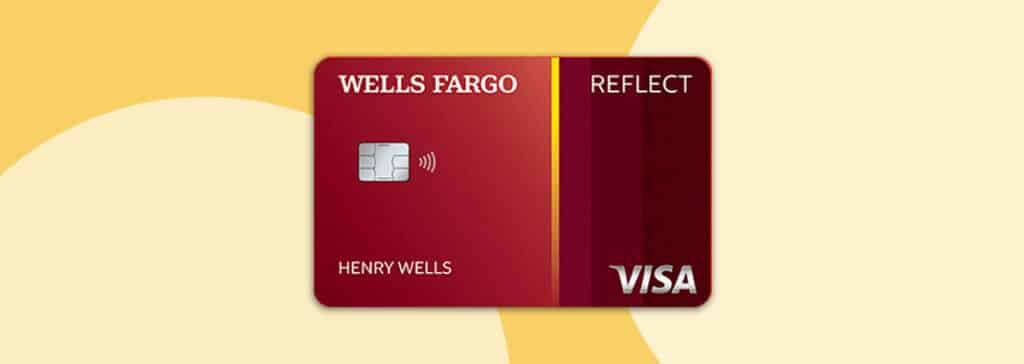Most products on this page are from partners who may compensate us. This may influence which products we write about and where and how they appear on the page. However, opinions expressed here are the author's alone, not those of any bank, credit card issuer, airline or hotel chain. Non-Monetized. The information related to Chase credit cards was collected by Slickdeals and has not been reviewed or provided by the issuer of these products. Product details may vary. Please see issuer website for current information. Slickdeals does not receive commission for these products/cards.
Americans have been holding their breath at the prospect of a looming recession for months. Many economic experts disagree about whether a recession is inevitable or unlikely to happen. Still, it’s wise to prepare yourself for the possibility.
Some basic ways to get your finances ready for a recession include building an emergency fund, updating your budget and cutting unnecessary spending. A recession isn’t the time to stop putting away money for the future. However, an unsteady economy might be the right time to talk to a trusted financial advisor about whether your current saving and investing strategy still makes sense.
A certificate of deposit (CD) could be a good place to store some cash during a recession, depending on your situation. But it’s important to be smart about your CD savings strategy. Here are some tips that could help you, along with a few mistakes to avo
Why Saving in CDs Could Make Sense During a Recession
When you’re saving for long-term goals, like retirement, many financial experts recommend building a diversified portfolio starting with investment accounts that offer tax advantages like IRAs or 401(k)s. A certificate of deposit, on the other hand, can be a good fit for a variety of short-term and medium-term savings goals.
Some of the benefits CDs offer can be extra reassuring during a recession, such as:
- Fixed interest rates: In exchange for agreeing to leave your cash in a CD for a set period of time (the CD’s term), most banks offer fixed interest rates that remain the same until your CD reaches maturity.
- Nearly guaranteed returns: Unlike investing in an unpredictable stock market, CDs returns are virtually guaranteed. This makes it easy to calculate the amount of interest you’ll earn on your cash savings over the life of your CD term.
- Higher returns: Compared to other deposit accounts like savings accounts, checking accounts and even money market accounts, CDs often feature higher annual percentage yields (APYs) that can help you earn more interest on your savings.
- Safety: During times of economic uncertainty, one of the biggest perks a CD may have to offer is FDIC insurance. If you open a CD with a bank that’s a member of the Federal Deposit Insurance Corporation, your deposits at the financial institution will be insured for up to $250,000 (per depositor, per ownership category). Knowing that your savings are safe in the event of a bank failure can be a big relief. (Slick tip: Here are the 5 safest banks right now.)
- Rising rates: If you look back at America’s most dire inflation periods, interest rates often rise before a recession in an effort to bring inflation under control. Higher interest rates can work against you where debt is concerned. But you can also take advantage of higher interest rates on CDs to grow cash savings faster. A CD ladder might also be worth considering if you’re worried about missing out on potentially higher interest rates l
ater.
Explore the Best CD Rates
Visit the Marketplace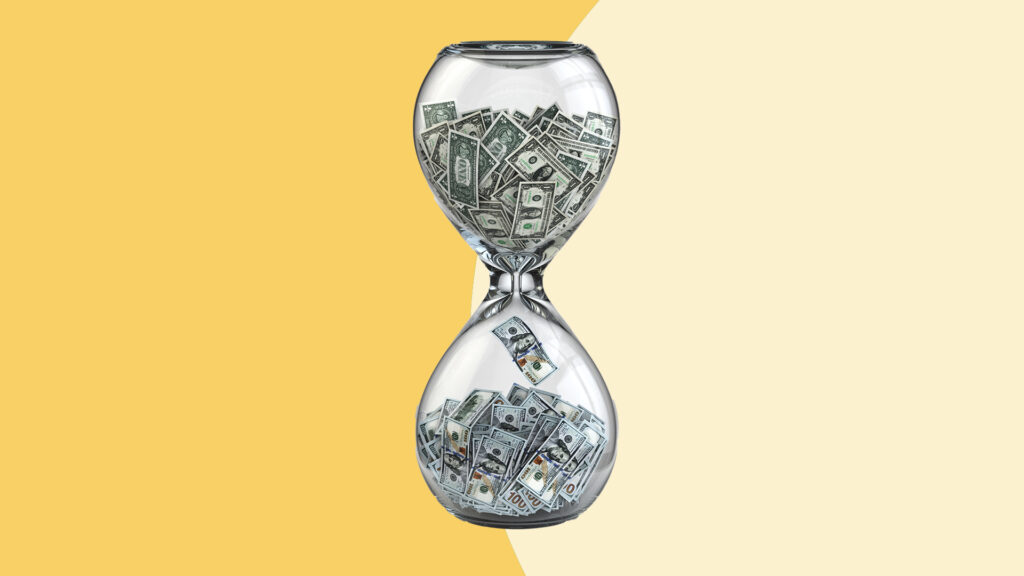
Mistakes to Avoid When Using CDs
CDs have the potential to be a valuable part of your overall savings and investment plan, especially during unstable economic times like a recession. Yet there are missteps you can make when using CDs that could undermine their value.
Here are three mistakes you’ll want to avoid when saving money with CDs:
- Not comparison shopping: Finding the best CD rates may require a little research. It’s important to compare interest rates from multiple online banks and other financial institutions to make sure you find the best deal for your situation.
- Early withdrawals: An early CD withdrawal is seldom a good idea. When you withdraw money from a CD before its maturity date, you’ll typically pay a penalty that could wipe out some or all of your interest earnings. It’s important to assess how much cash you can afford to leave untouched for a set period of time (your CD term) before opening this type of account.
- Long-term savings: In general, CDs aren’t the best fit for long-term savings goals like retirement. Instead, consider speaking with a trustworthy financial advisor to find more appropriate long-term investment options that match up with your risk toleran
ce.
Quick Tip
If you’re interested in CDs but aren’t sure about locking up your funds for a set time, consider a no-penalty CD.
Recommended CDs
Recommended CD Accounts
| Account | 1-Year APY | 3-Year APY | 5-Year APY | Learn More |
|---|---|---|---|---|
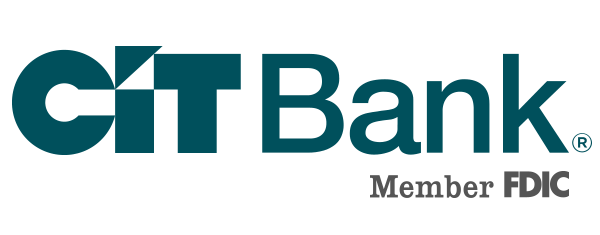 CIT Bank Term Certificates of Deposit |
0.30%
Annual Percentage Yield is accurate as of April 2, 2024. Interest rates for CIT Bank's term CDs are variable and subject to change at any time without notice |
0.40%
Annual Percentage Yield is accurate as of April 2, 2024. Interest rates for CIT Bank's term CDs are variable and subject to change at any time without notice |
0.50%
Annual Percentage Yield is accurate as of April 2, 2024. Interest rates for CIT Bank's term CDs are variable and subject to change at any time without notice |
This product is currently not available via Slickdeals. All information about this product was collected by Slickdeals and has not been reviewed by the issuer. |
|
|
4.00% | 3.75% | 3.50% | Open CD |
|
|
4.20% | 3.90% | 3.90% | Open CD |
|
|
4.00% | 3.60% | 3.75% | Open CD |

Quontic Bank Certificates of Deposit |
4.00% | 3.25% | 3.00% |
This product is currently not available via Slickdeals. All information about this product was collected by Slickdeals and has not been reviewed by the issuer. |
Other Savings and Investing Options During a Recession
CDs are one low-risk option to consider during a recession. Yet there are also other ways to potentially grow your savings that may be worth exploring.
If you want to keep cash on hand for an emergency fund without committing to the restrictive terms that a traditional CD requires, a high-yield savings account (HYSA) or money market account might be a better fit for you. These types of deposit accounts give you the flexibility to withdraw cash as needed, and some financial institutions offer competitive rates on your savings.
Just keep in mind that interest rates on HYSAs and money market accounts are usually variable. So, if a recession does happen and interest rates begin to decline, you won’t have the benefit of fixed interest rates like you would with a CD.
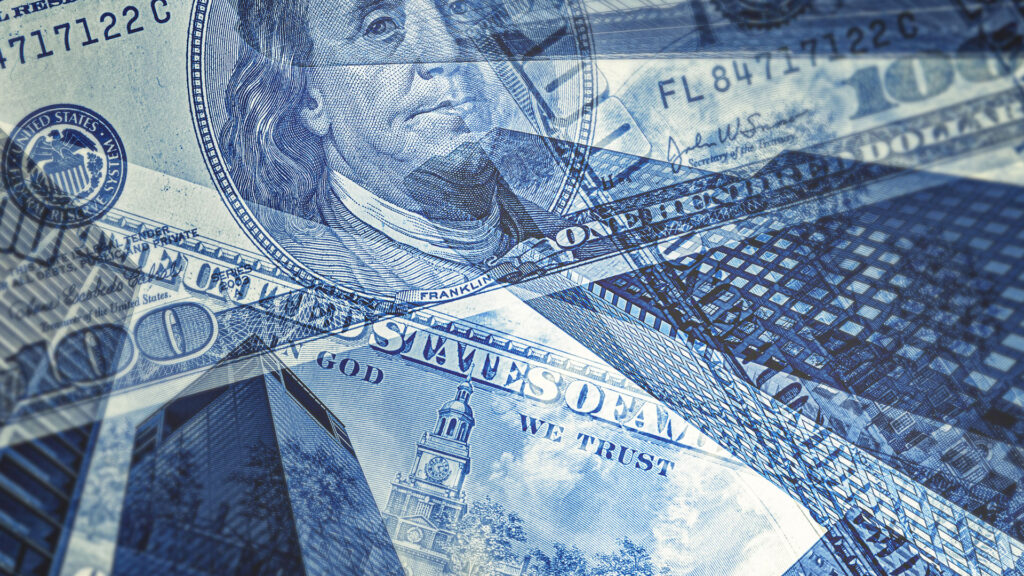 Related Article
Related Article
Best High-Yield Savings Accounts (January 2026)
It’s also OK to explore the idea of investing during a recession. But if you do so, have your eyes wide open to the risks. When you invest during an economic downturn, it can sometimes be like buying stocks on sale. Then, if you’re fortunate, the prices of those investments might recover over time.
However, no one can tell the future. If a recession hits, there’s no way to predict when it will end, and there’s no way to know if the stocks you purchased or the mutual funds you invested in will rebound. If you panic or get into a tight financial spot and have to sell your investments at a loss, you risk losing money with this approach.
Bottom Line
If you have extra cash available that you don’t need for six to 12 months or more, now might be a good time to consider saving with CDs. Interest rates on CDs are the highest they’ve been in a decade and a half.
Experts are divided on whether a recession is on the horizon. However, if one does occur, interest rates on CDs and other deposit accounts will likely fall in response. As a result, there’s no way to know whether CD rates will continue to rise in the future or if they’ve peaked for the time bei
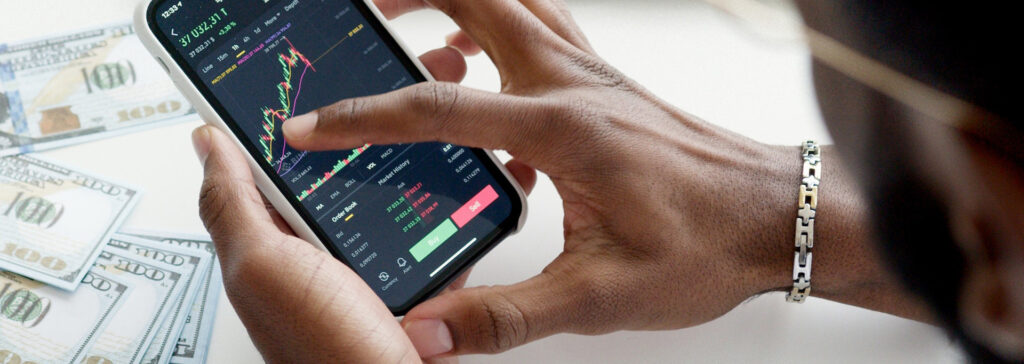 Related Article
Related Article
